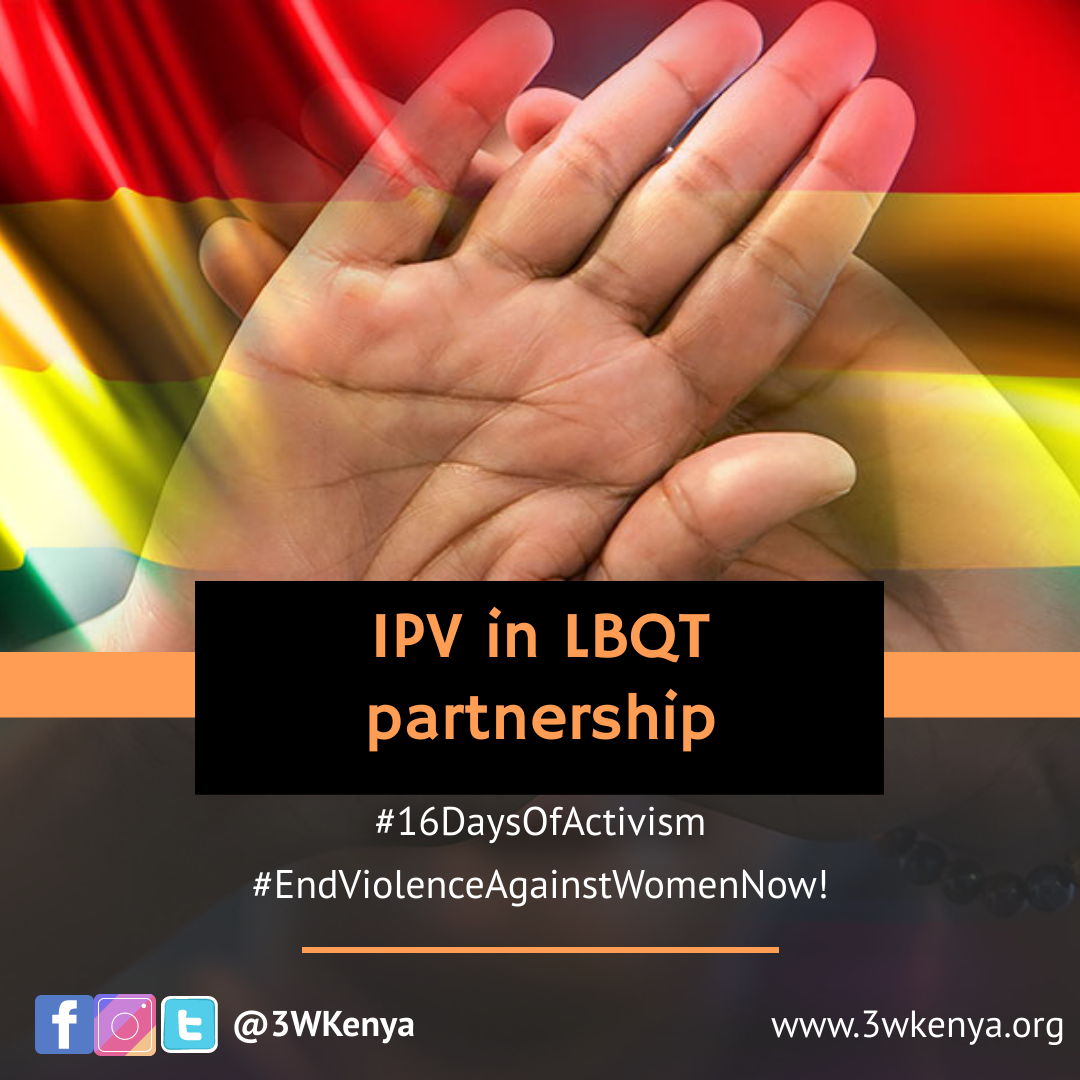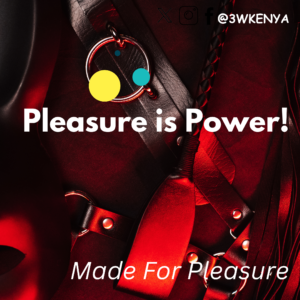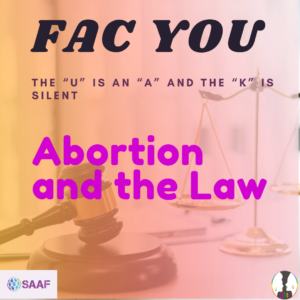#16DAYSOFACTIVISM Intimate Partner Violence!
The term “Intimate Partner Violence” includes all violent and coercive behaviors through which a person tries to intimidate, dominate and control their intimate partner. Usually, such behavior does not exclusively consist of physical violence but the abusers would use various strategies of psychological, sexual, and social pressures in order to control the victims. We usually refer to the abuse that a man enacts against his female partner when we speak about intimate partner violence. There are indeed many rigid stereotypes that continue to spread the idea that only a man can be the aggressor and only a woman can be the victim of abuse in a violent relationship. It is difficult to accept that violence can also occur in same-sex relationships. The table below shows how IPV can happen in same-sex relationships/partnerships.
| Type of Abuse | Behaviors |
| Physical abuse | Punching, shoving, slapping, biting, kicking, using a weapon against partner, throwing items, breaking items, pulling hair, restraining partner |
| Emotional/verbal abuse | Putting partner down, calling names, criticizing, playing mind games, humiliating partner, making the partner feel guilty, reinforcing internalized homophobia |
| Financial dependency | Keeping partner from getting a job, getting partner fired from a job, making partner ask for money or taking partner’s money, expecting partner to support them |
| Social isolation | Controlling who partner sees and talks to and where a partner goes, limiting partner’s involvement in the gay and lesbian community |
| Sexual abuse | Forcing partner to perform sexual acts that are uncomfortable to him or her, engaging in affairs, telling partner he or she asked for the abuse, telling a partner what to wear, accusing a partner of affairs, criticizing sexual performance, withholding affection |
| Minimizing/denying the abuse | Making light of abuse, saying the abuse did not happen, saying the abuse was mutual, blaming the partner for the abuse |
| Coercion/threats/ Intimidation | Making partner afraid by looks or gestures, destroying property, hurting pets, displaying weapons, threating to leave, take children or attempt harmful behavior (e.g: suicide), threatening to reveal sexual orientation and/or gender identity to community, employer, family or ex-spouse |
The reason why the abusers resort to the systematic use of such violent behaviors is to exercise general control over their victims in order to transform them into an object without identity, completely at the mercy of their power. The abusers are able to achieve this goal because, with time, the constant exposure to the manipulative strategies of the partner induces the victims to doubt the accuracy of their thoughts, emotions, and behaviors. As a consequence, the abused become confused, afraid, and increasingly dependent on their abuser.
Some common myths of Intimate Partner Violence among LBQT persons include;-
- Only women are victims and only men are the abusers;
- Intimate partner abuse between two women is not as severe as when a woman is abused by a man;
- Because the partners are of the same gender, the abuse is mutual, with both partners being equally abusive or equally victimized;
- Intimate partnership violence between two women is just a lover’s quarrel; The perpetrator is perceived as a “man” or a “butch” in the relationship and the abused is perceived as a “woman” or “femme” when compared to dynamics of heterosexual relationships.
Several barriers exist to addressing LBQT intimate partner violence. These include:
- Societal beliefs that domestic violence does not occur in LBQT relationships
- Potential homophobia from the staff of service providers, or from non-LBQT friendly service providers that IPV survivors may come into contact with
- A fear that airing the problems among the LBQT population will take away from progress toward equality or fuel anti-LBQT bias.
- The dangers associated with “outing” oneself and risking rejection from family, friends, and society
- Low levels of cinfidence in the effectiveness of the legal system for LBQT people
Fun, romance, good sex, being cared for, feeling valued and safe – that’s what relationships are supposed to be about. What can you do? If you’re worried, you could:
- Tell friends you trust. Friends can help by listening and supporting you to stay safe
- Contact a support service. They can listen, provide support and help you work out how to stay safe, 3W has trained psychosocial counselors that we can refer you to.
- Plan where you can go and who you will call if you feel afraid of your partner. Keep important items together in a safe place in case you have to leave — such as money, keys, bank cards, and important documents.
- Call the police if you are in danger, or have been physically or sexually assaulted, stalked, or harassed. The police can charge the person with a criminal offense
Break the silence and stop the cycle of violence!
#16DaysOfActivism




